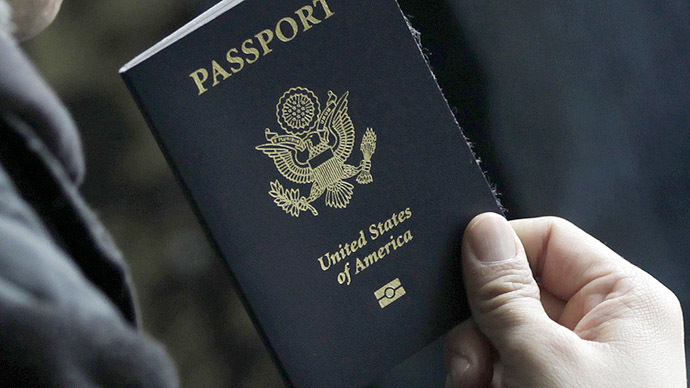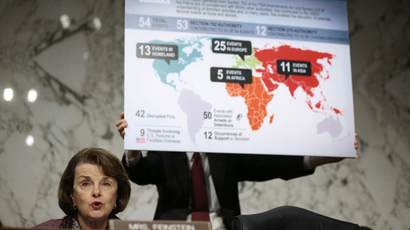Americans abroad rejecting US citizenship as tax hikes loom

The number of Americans who decided to renounce their citizenship in the second quarter of 2013 increased sixfold the same period in 2012, a number the federal government attributes to strict impending financial disclosure rules.
The United States is the only country out of 34 in the
Organization for Economic Co-operation and Development (OECD)
that continues to tax citizens regardless of where they live
around the world.
Now, facing a high national debt and drastic cuts in government
spending, US tax enforcers are employing stricter
asset-disclosure laws under the Foreign Account Tax Compliance
Act (FACTA). For that reason, more Americans living abroad are
weighing whether it is worth holding on to their US passport.
In the three months through June, 1,131 American expatriates
turned over their passports at US embassies around the world. It
was a drastic surge from the same time span in 2012, when just
189 people renounced their citizenship, according to the Federal
Registry. The first six months of 2013 alone has seen 1,810 such
instances, compared to 235 in all of 2008.
“With the looming deadline for FACTA, more and more US
citizens are becoming aware that they have US tax reporting
obligations,” Matthew Ledvina, a US tax attorney in Zurich,
Switzerland, told Bloomberg. “Once aware, they decide to
renounce their US citizenship.”
In 2012 there were between 5 and 6 million Americans who resided
overseas.
Under FACTA, foreign banks are required to notify the US Internal
Revenue Service (IRS) about accounts held by US taxpayers. That
disclosure rules, according to the congressional Joint Committee
on Taxation, was estimated to generate an additional $8.7 billion
over the next 10 years for the US budget.
A primary goal of the rules is to cut the power of US nations the
US considers to be tax havens. Countries like Switzerland earn
that designation by protecting an individual’s finance
information, requiring only nominal taxes, or a general lack of
transparency.
“The United States wishes to ensure that all income earned
worldwide by US taxpayers on accounts held abroad can be taxed by
the United States,” the Swiss government stated earlier this
year.














